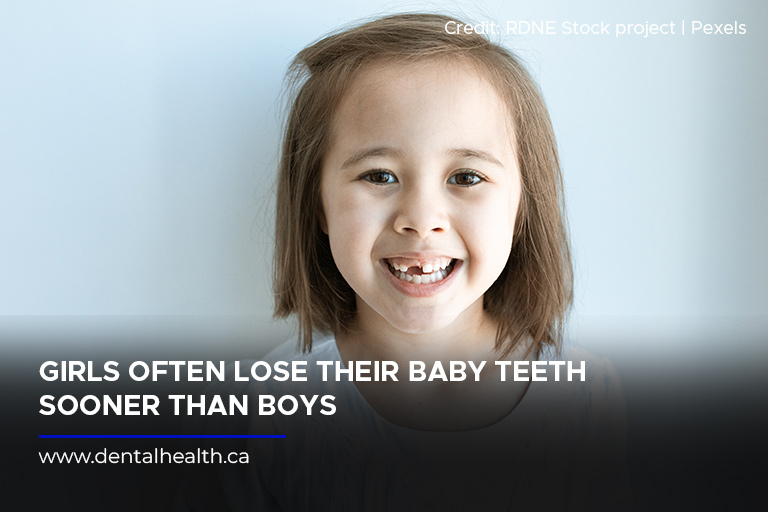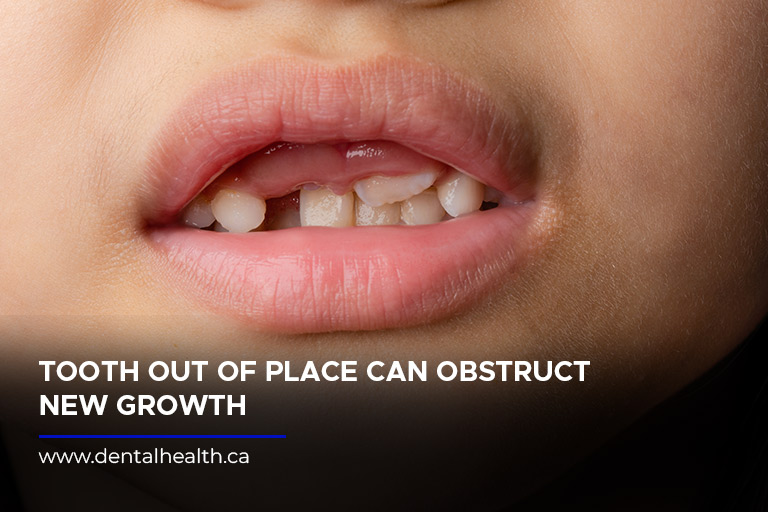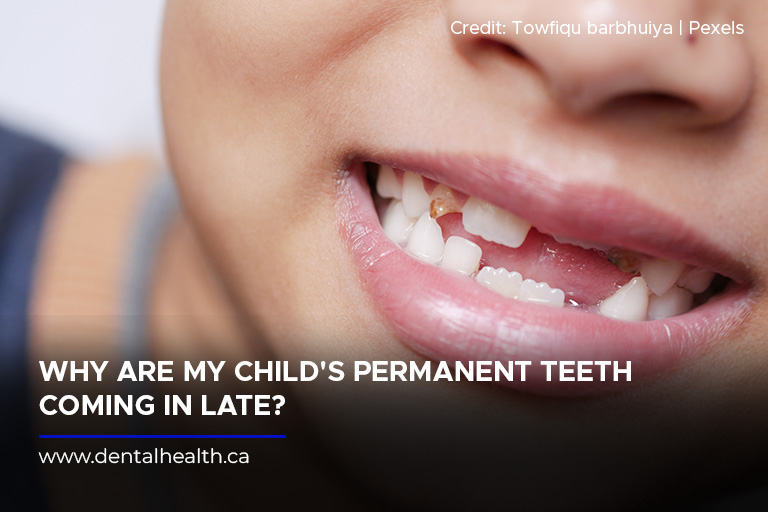Losing a milk tooth usually occurs around the age of 6 but can occur earlier or later depending on various factors. Kids continue to lose their baby teeth until they reach the age of 13 when new teeth stop growing. You may find the sight of your children with missing big front teeth endearing, but you also need to set the right expectations for when permanent teeth come in to replace the lost ones. The timing of the arrival of replacement teeth varies, with permanent teeth appearing anywhere from a week to as long as 6 months after a baby tooth is lost.
The gradual emergence of permanent teeth is usually not a cause for concern. If you’re worried about the permanent teeth not coming in or if it’s been more than 6 months without any sign of them, you should consult a dentist to ensure your child’s dental health.
Several factors can influence the growth of your child’s teeth, and here are nine common reasons:
- Insufficient Space
A frequent issue is the lack of room for permanent teeth to grow, especially if the new teeth are larger than the baby teeth they’re replacing.
Some kids naturally have gaps between their baby teeth to accommodate the adult teeth, but not all do. In cases where space is lacking, orthodontic intervention may be necessary to remove obstacles around the teeth.
- Directional Problems
The usual course of action for permanent teeth is mimicking the alignment of their primary counterparts. However, these teeth may occasionally grow in the wrong direction if the space in the mouth is too big or too small.
- Biological Sex

The timing of when teeth come in can differ significantly between boys and girls. Just as girls experience puberty earlier than boys, they typically develop their permanent teeth sooner.
This difference is natural, and you can do little to influence it. If your young boy’s tooth growth seems slightly delayed, it’s best to exercise patience and wait to see if the teeth emerge.
- Genetics
Genetics can also play a role in the development of permanent teeth. Research has demonstrated a genetic foundation for dental health and abnormalities. If you require braces during childhood, your child may also need them. You may also benefit from asking your parents about your dental history to understand what might be causing delays in your child’s dental development or if an underlying condition warrants medical attention.
It’s essential to note that tooth growth can also be irregular in children with specific developmental or genetic disorders, such as Down Syndrome.
- Nutrient Intake
Proper nutrition plays a crucial role in developing your child’s permanent teeth. Children require critical minerals like calcium to ensure that their teeth develop normally and are strong enough to push through the gums. Minimizing your children’s consumption of sugary foods and starting them off on a balanced diet early is essential.
A child’s weight and height can impact tooth development. Research has uncovered a link between childhood obesity and the pace at which permanent teeth grow. Additionally, kids taller than their peers may start getting teeth earlier. As a result, if your child is smaller and isn’t getting enough nutrients, their teeth can take some time to come in.
- Missing Teeth at Birth
The absence of certain teeth from birth can also hinder the emergence of permanent teeth. Permanent teeth will never develop in individuals with this condition. Typically, it affects wisdom teeth, but some individuals may lack lateral incisors or second premolars.
Primary teeth remain in place because there’s no force to push them out. If these primary teeth are lost due to decay, injury, or disease, there will be no replacement by permanent teeth. In such cases, dentures or implants can be considered to replace the missing tooth.
- Supernumerary Teeth

Supernumerary teeth are extra teeth that can appear anywhere within the mouth’s arch. These additional teeth can potentially obstruct the growth of permanent teeth. Occupying the space intended for permanent teeth can lead to delays or displacement of permanent teeth, resulting in dental issues.
Treatment options vary but typically involve the removal of the extra tooth. Dental treatment may also be recommended in cases of tooth or jaw misalignment.
- Eruption Failure
Primary eruption failure is uncommon in which permanent teeth, although present and following the correct path, do not emerge or only partially emerge before stopping. This condition is typically rooted in genetics and requires a lengthy treatment, particularly when multiple teeth are affected. Treatment options may involve oral surgery or orthodontic procedures to stimulate growth.
Another reason for eruption failure is when a tooth is firmly attached to the bone and unable to break free. In such cases, dentists may leave the tooth untouched and enhance its appearance through cosmetic dentistry.
- Losing Primary Teeth Too Early
One of the primary roles of baby teeth is to maintain space so permanent teeth can emerge correctly. Ordinarily, a child loses their primary tooth when the corresponding adult tooth begins to erupt, pushing it out. However, if it is lost prematurely because of tooth decay or injury, the permanent replacement tooth may not emerge.
Without a replacement, the surrounding teeth may shift to occupy the vacant space, resulting in misalignment. When overcrowding occurs, it can obstruct the permanent tooth’s eruption entirely. The tooth can become trapped within the jawbone or only partially emerge, making its growth appear halted. In cases of tooth impaction, extraction may be necessary to resolve the situation.
Ensuring your child practices good oral hygiene and maintains a healthy diet is crucial to preventing such scenarios. Regular dental check-ups are also essential. If a baby tooth falls out prematurely, it’s advisable not to ignore it and instead seek the advice of an orthodontist.
Concerns about delays in permanent teeth development can be distressing for parents. It’s important to remember that every child’s growth and development are unique. Many potential causes are rare, and most can be effectively treated. Regular visits to a healthcare professional are highly recommended for a more comprehensive evaluation of your child’s dental health.
If you’re searching for a trustworthy family dentist in Beamsville, consider Kingsway Family Dentistry. Our team will provide the necessary dental services for individuals of all ages. Contact them at (905) 563-4001 to schedule your appointment today.

